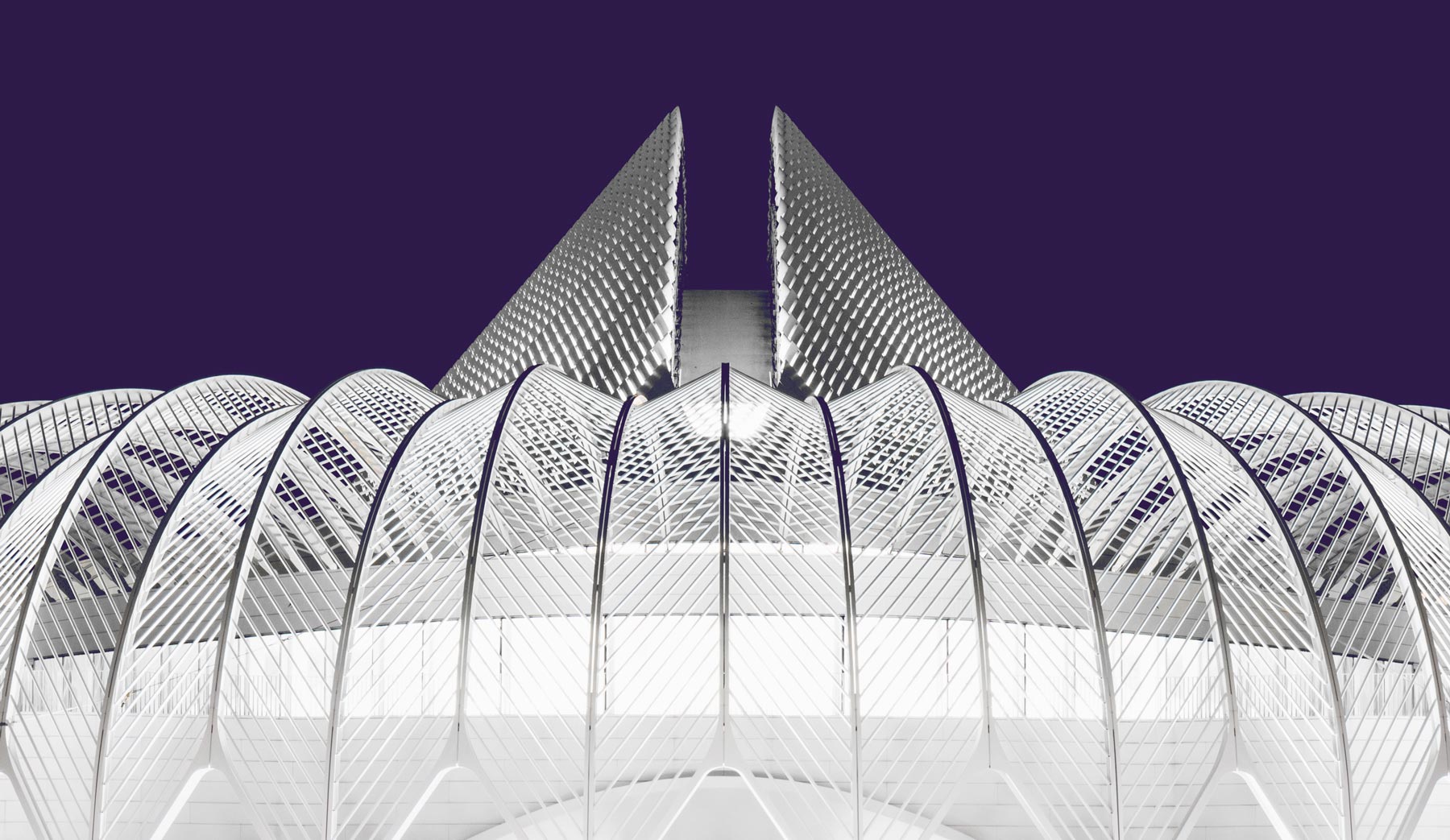Physics is the study of the laws of nature, utilizing scientific principles and logic to allow for a more complete understanding of the universe. At Florida Poly, the Physics program provides a fundamental understanding of the rules that govern nature, ranging from the quantum mechanical to astrophysical scales.
On-Campus
Physics
120
Every Fall and Spring Semester
Quantum Mechanics, Astrophysics
A bachelor’s degree in physics builds on the mathematical and scientific foundation of courses taken during the students’ first two years of study.
This degree goes into depth in the traditional areas of physics (mechanics, thermodynamics, electricity and magnetism, and quantum mechanics) as well as computational physics. This degree has concentration options in astrophysics and applied quantum mechanics.
This degree shares the same design sequence as the engineering physics major. Both contain Florida Poly’s innovative design sequence which sets our degree requirements apart from other universities. Students take a series of courses each semester to prepare them for internships and research, culminating in the senior capstone design, which tasks teams of students to create solutions for real-world industry challenges.
Like the degree in Engineering Physics, the Bachelor of Science in Physics can lead to careers in fields such as engineering, finance, academia, information technology, and medicine. In whatever technical field you choose to make your career in, you will be prepared to present yourself professionally and demonstrate your ability to solve problems.
According to the U.S. Bureau of Labor Statistics (BLS) Data, the employment of physicists and astronomers is projected to grow 5 percent from 2022 to 2032, faster than the average for all occupations.
About 1,500 openings for physicists and astronomers are projected each year, on average, over the decade. Many of those openings are expected to result from the need to replace workers who transfer to different occupations or exit the labor force, such as to retire.
The median annual wage for physicists was $166,290 in May 2024. The lowest 10 percent earned less than $80,020, and the highest 10 percent earned more than $239,200.
At Florida Poly, our small campus environment fosters a unique approach to STEM education.
Through a curriculum that progresses from freshman to senior year, emphasizing project-based learning, individualized mentorship with faculty, required internships in high-tech industries, and culminating in a senior capstone design project, students are equipped with comprehensive skills and experiences, uniquely preparing them for success in the rapidly advancing tech landscape.
At Florida Poly, internships aren’t just encouraged—they’re a fundamental part of the educational experience. Mandatory for all students, these internships provide direct engagement with high-tech industry leaders. This immersive experience not only provides practical skills but also fosters crucial connections within the industry, frequently paving the way to future employment opportunities for our graduates.
Florida Poly’s capstone design course is the pinnacle of each students’ academic journey, consolidating their four years of learning into a single project. During their senior year, students in this course collaborate with peers from various fields to tackle real-world challenges supported by industry sponsors. Through this interdisciplinary approach, students not only apply theoretical concepts but also gain practical experience, preparing them for successful careers in their respective fields.
Armed with the knowledge and skills gained at Florida Poly, especially through internships and capstone projects, our alumni smoothly entered thriving careers in high-tech industries. These hands-on experiences offered invaluable insights and practical expertise, enabling our alumni to innovate and excel in dynamic, leading-edge settings, influencing the trajectory of technology.

The physics curriculum has been designed to prepare students so that upon graduation they are able to:
Faculty to be listed here.

This session will demonstrate that practical risk management is for everyone, regardless of a formal program. Attendees will learn actionable and simple strategies that are easy to implement, enabling them to start immediately by focusing on their top risks to build greater operational resilience and ensure the sustained success of their auxiliary enterprises.
Michelle Powell serves as the pioneering Risk Manager at Florida Polytechnic University, the state’s sole 100% STEM-dedicated institution. Having been with the university for nearly 11 years, Michelle transitioned from a leadership role in Admissions in October 2023 to establish and evolve the risk management function from the ground up. In this solo capacity, Michelle builds robust frameworks for our dynamic, young university, overseeing our insurance portfolio, consulting on third-party and event risks, and developing critical campus-wide training programs. Michelle has obtained the Committee of Sponsoring Organizations (COSO) Enterprise Risk Management certificate and the Associate in Risk Management (ARM) and Construction Risk and Insurance Specialist (CRIS) designations. Her distinct background in mathematics and engineering, combined with extensive higher education leadership, brings an analytical and strategic approach enhancing the institution’s resilience.